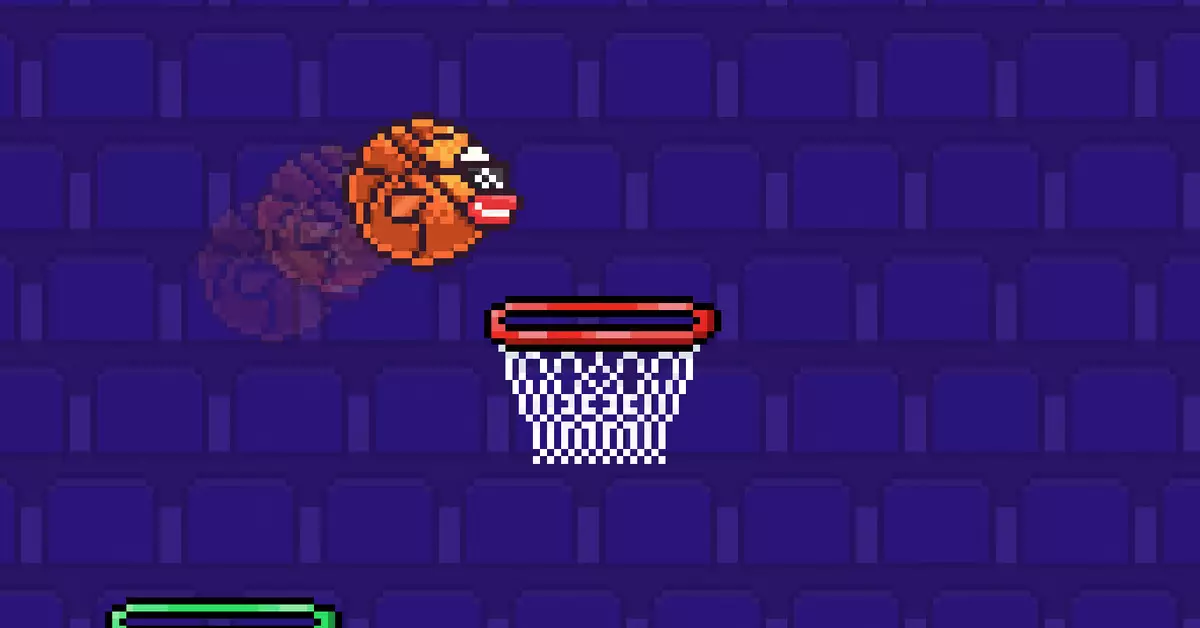The gaming world often finds itself oscillating between nostalgia and innovation. This dynamic is, notably, at the forefront of the recent announcement by The Flappy Bird Foundation. Touted as a revival of the beloved mobile game “Flappy Bird,” the release has been positioned almost like a blockbuster comeback. However, a closer examination reveals a much more complex narrative—one that involves intellectual property disputes, original creator disassociation, and whispers of cryptocurrency integration.
At the heart of the Flappy Bird saga is its original creator, Dong Nguyen, who famously pulled the game from app stores in 2014 after its meteoric rise. His public re-entry into the conversation—by stating via X (formerly Twitter) that he was not involved in this supposed revival—raises interesting questions about authenticity and ownership in the gaming world. Nguyen emphasized that he “didn’t sell anything” related to Flappy Bird, distancing himself from a project that seems keen on leveraging the nostalgic fervor surrounding the original game.
The complexities deepen when we look at the legal maneuvers surrounding the Flappy Bird trademark. Gametech Holdings, LLC, having secured the rights from Nguyen’s now-abandoned trademark, has positioned itself as the new custodian of the game’s legacy. The timeline of events is crucial: Gametech filed in opposition to Nguyen’s trademark claims earlier this year, a move indicating that it was laying ground for a potential commercial re-emergence of Flappy Bird almost a decade after its original exit. This clash of rights invites scrutiny on how gaming intellectual property can be contested and appropriated years after the creator has moved on.
The promotional material released by The Flappy Bird Foundation heavily emphasizes nostalgia. One can’t deny the emotional pull of revisiting cherished gaming experiences, yet this approach may gloss over the absence of Nguyen’s personal touch. The trailer’s reliance on past moments—from the game’s rise to its abrupt withdrawal—feels almost like a film revisiting its greatest hits. Yet, this strategy begs the question: can nostalgia alone be enough for a game to succeed without the original creator’s involvement?
In an unexpected twist, whispers of cryptocurrency integration have surfaced regarding the new Flappy Bird launch. Cybersecurity researcher Varun Biniwale spotlighted evidence suggesting that the game might enter the world of web 3.0, utilizing blockchain technology for gameplay and ownership mechanics. The concept of a game “soaring” in this new digital domain presents an intriguing development, yet it raises further questions. How much of this technological framework serves as an appealing gimmick compared to genuine gameplay enhancement?
As the Flappy Bird Foundation gears up for the game’s release on iOS and Android, the anticipation is tempered by the uncertainty of its authenticity. Without Dong Nguyen’s creative vision, what does Flappy Bird mean to the fans who cherished its original form? The tug-of-war over rights, coupled with the potential for cryptocurrency integration, adds layers to the already compelling narrative of Flappy Bird. Will the game capture the hearts of a new generation, or will it merely flutter in the weight of its founder’s shadow? Time will tell.


Leave a Reply